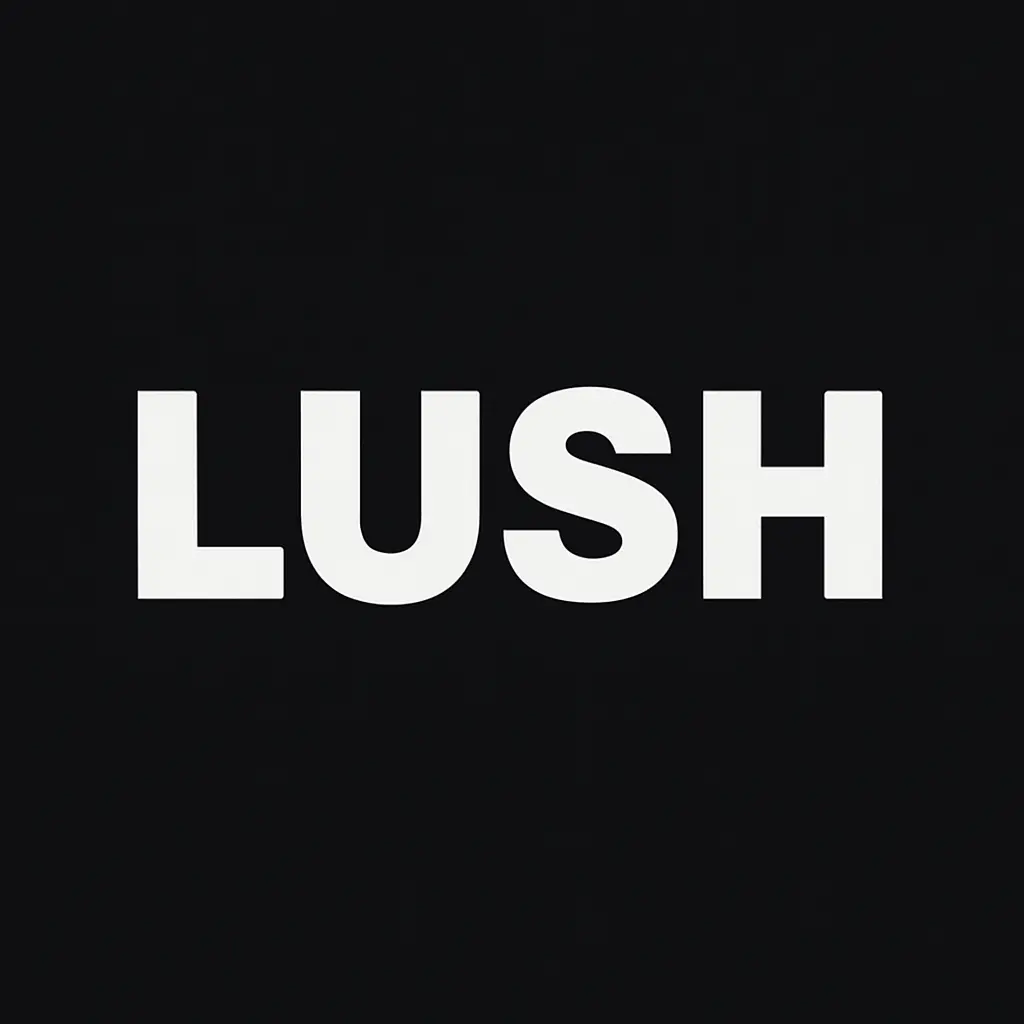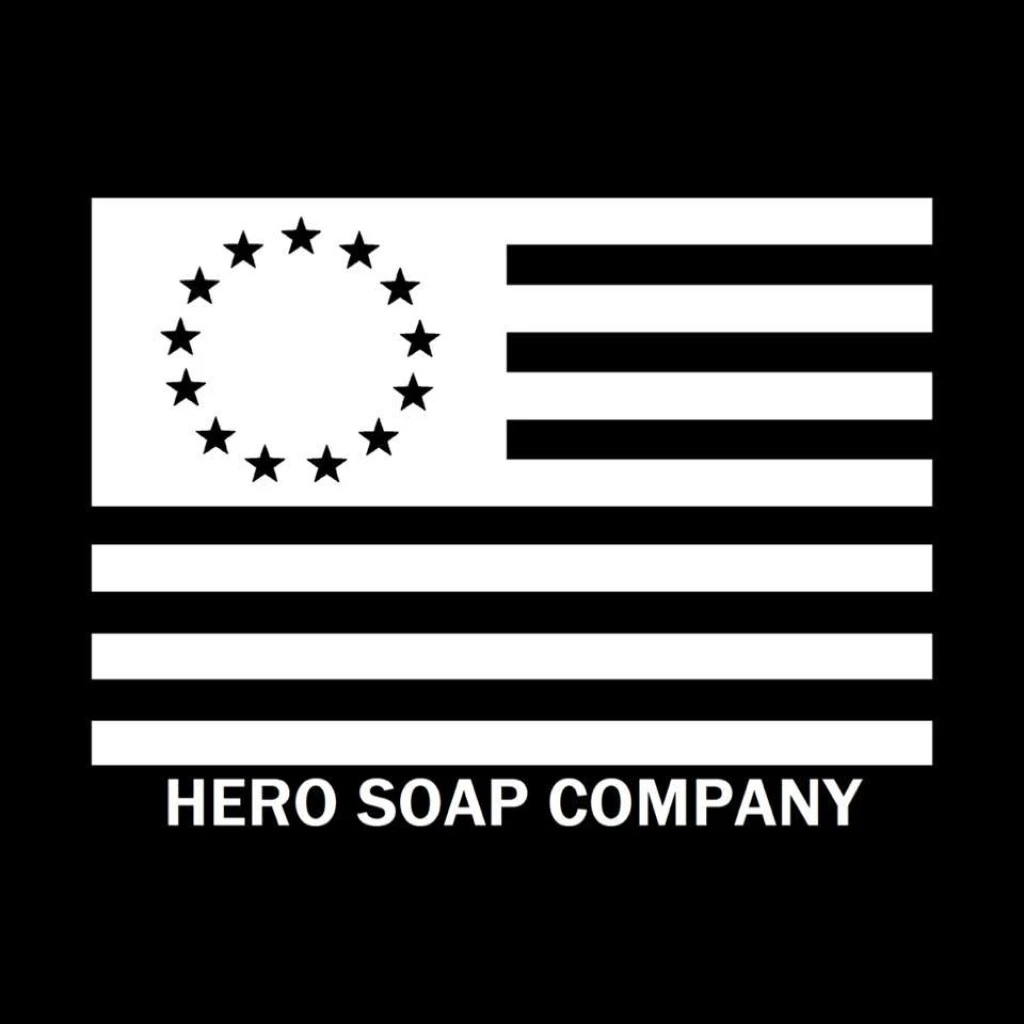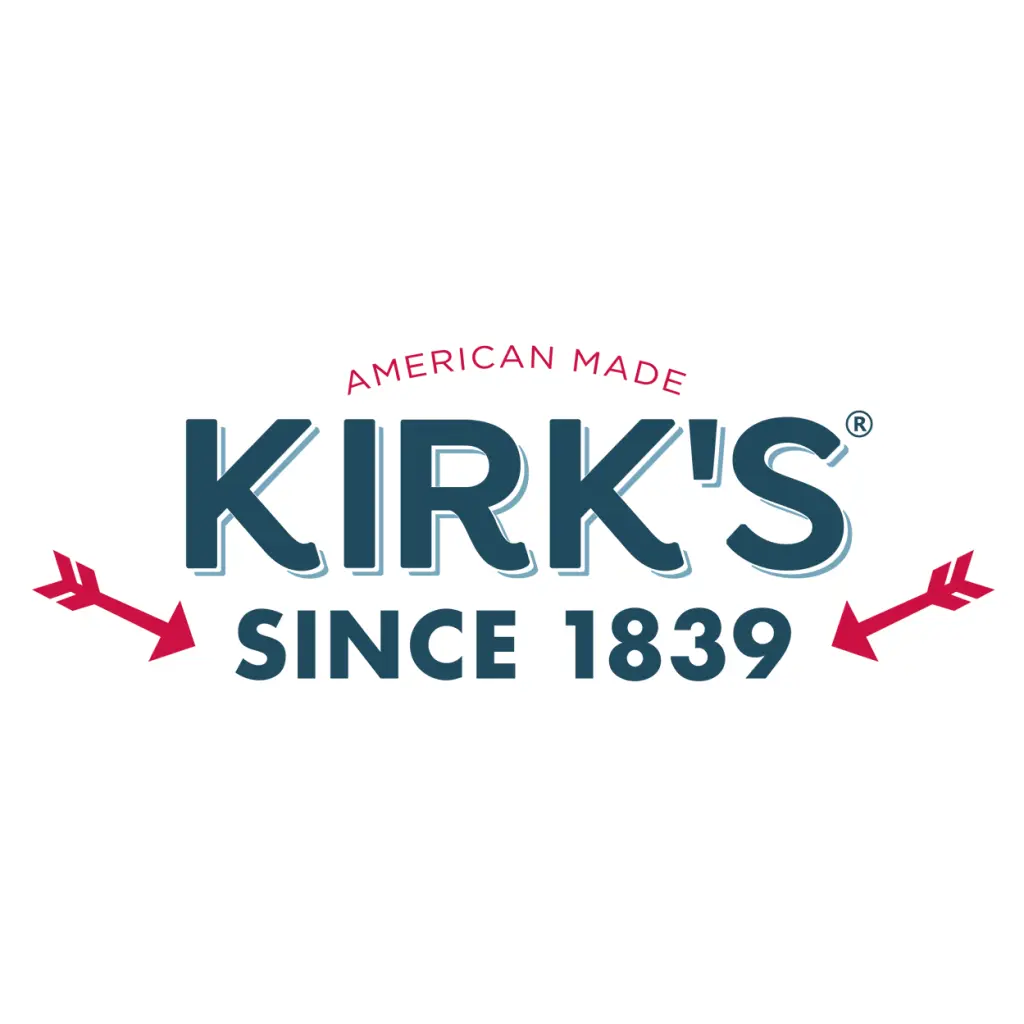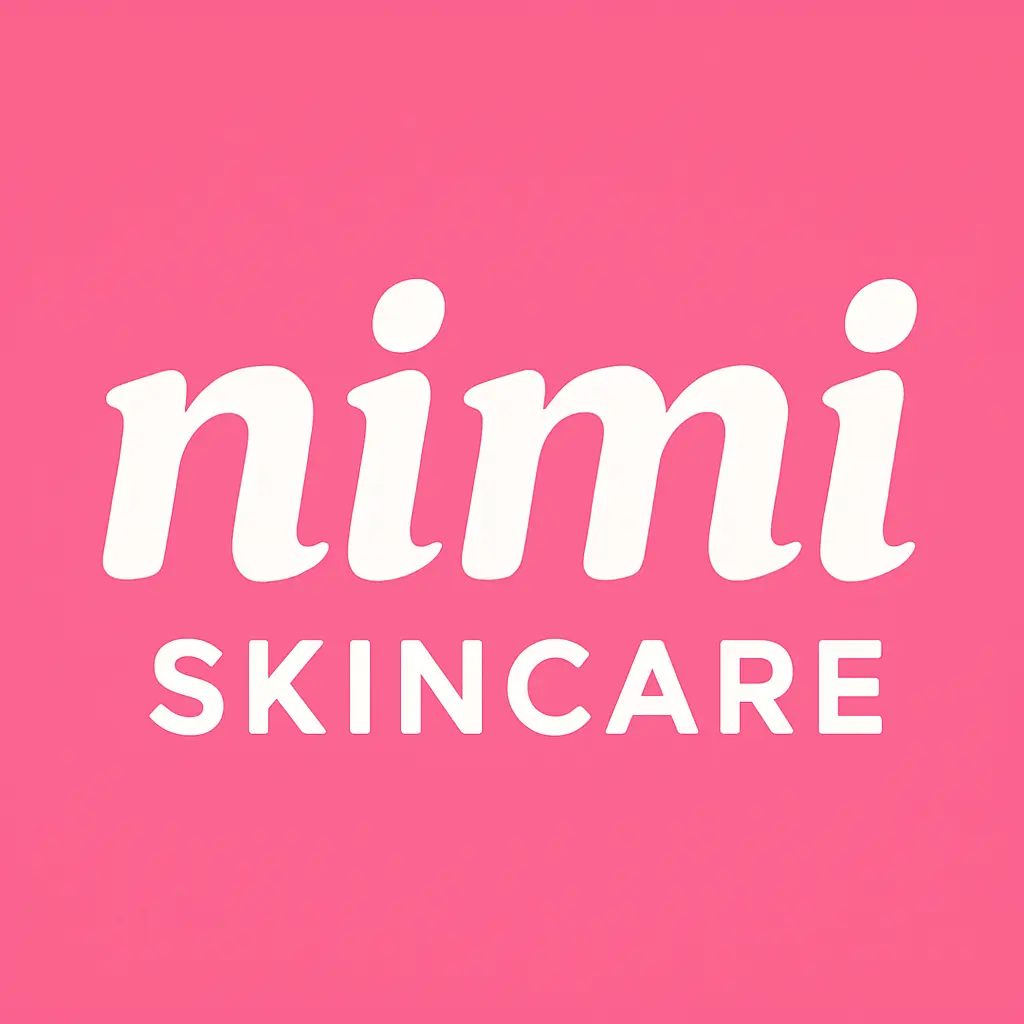Lush Cosmetics launched in 1995 in the U.K. with a mission: fresh, handmade bath products and a strong animal‑rights reputation. Their quirky soaps and bath bombs won cult status, fueled by a brand voice that blends “ethical” with “counterculture.” Over time, though, Lush’s activism shifted from niche to full-throated politics.
Now Lush isn’t just selling bath bombs, they are preaching from the soapbox. The company regularly inserts itself into hot-button issues: closing stores in protest, cutting ties with social media, and taking public stances on global conflicts. What was once “ethical beauty” now reads like political theater wrapped in scented bubble bars.















